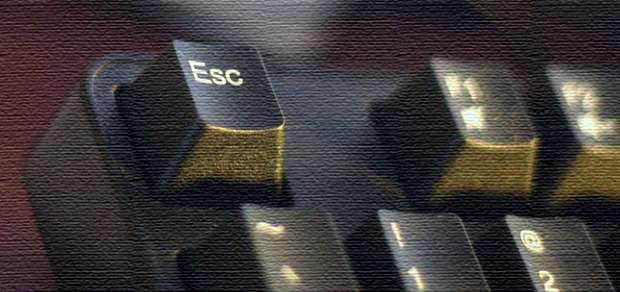
Are the kids alright? Probably not, if you follow this study from the University of Maryland that says students today all but admit to being addicted to the Internet and media consumption. One student in the study likened prolonged separation from the Internet drug addiction, saying she was “itching like a crackhead” after not using the Internet for a bit. Not healthy, no.
The study looked at 1,000 students from 10 countries, including the US, UK, and China, to see how they’d react to 24 hours without Internet access. Here’s a few choice quotes from some of the students:
“I am an addict. How could I survive 24 hours without it?”
“I felt sad, lonely and depressed”
“Sometimes I felt ‘dead’.”
Incidentally, I did a quick and wildly informal poll in the CrunchGear chatroom, and while we’re all pretty much connected to the Internet for every waking hour, none of us felt addicted to it, but perhaps for that very reason: if you’re online all the time, then you become numb to it.
The countries with the highest percentage of “addicted” students were the U.S. (23 percent) and China (22 percent).
The study didn’t only look at Internet addiction. Student also reported great difficulty with coping without access to mobile phones or media players like the iPod. (Though I guess since the portable media player and mobile phone have all but converged it won’t be long before the two devices are indistinguishable from one another.)
Another interesting bit was examining how students consume news nowadays. They don’t really search for news per se anymore, but rather let it come to them via Twitter and Facebook. If you’re into baseball odds are you follow on Twitter players and writers who cover the game, right? (A pretty high percentage of people I follow on Twitter are soccer writers and players. How else would I have learned about the launch of The Blizzard if Johnathan Wilson didn’t tweet about it?)
It’s a topic that broached in Michio Kaku’s latest book, Physics of the Future. The gist is that in the next 100 years we’ll be “connected” all day long to the point where being “connected” 24 hours a day will be the new normal; not being “connected” will be the odd state of being. Whether that’s with implants or high-tech contact lenses, for better or worse you’ll always be plugged in.